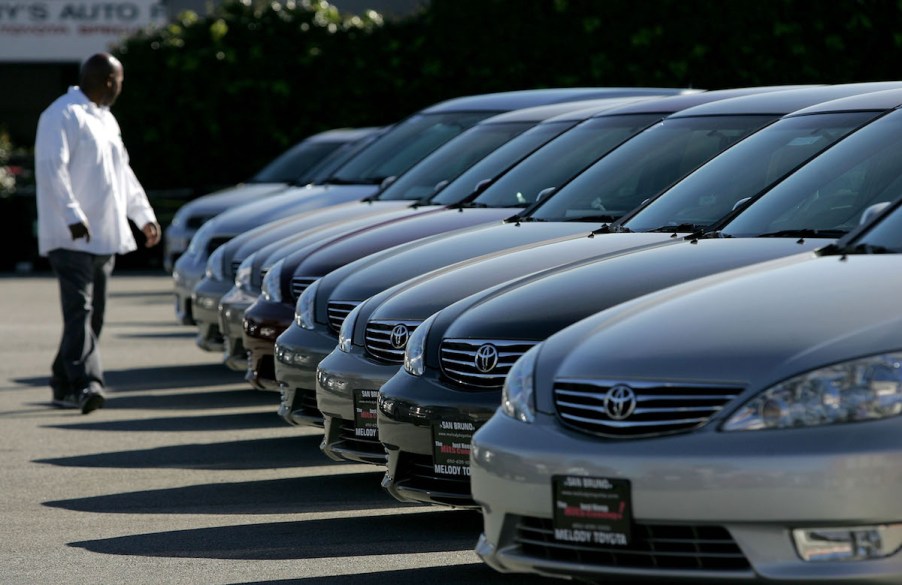
Don’t Make This Mistake If You’re Buying a Certified Pre-Owned Car
Certified pre-owned cars are different from your average used vehicle. They provide more assurance and reliability to new owners. While there are plenty of benefits to purchasing a certified pre-owned car, it’s up to the buyer to minimize its drawbacks.
To help you make the most of your next certified pre-owned car, it’s important to know what you’re paying for and how to avoid making the biggest mistake: paying too much.
The cost of a certified pre-owned car: what you’re paying for
Unlike your standard used vehicle in a used car lot or on the side of the road, certified pre-owned vehicles must meet certain qualifications and requirements to be deemed “certified.” According to U.S. News, certified pre-owned cars must be relatively young (with limited mileage), have good crash/repair history, as well as pass a certification inspection process.
Certified pre-owned cars are also often reconditioned as part of the inspection process. These used cars are only sold by specific dealers and as younger models, also come with some type of warranty coverage. Certified pre-owned cars may also come with additional benefits for owners, such as roadside assistance or access to loaner cars during servicing.
The benefit of these features is often reflected in a certified pre-owned car’s price. In fact, certified pre-owned cars cost an average of 4% more than non-certified, comparable used vehicles. But the biggest mistake you can make when considering a certified pre-owned car is assuming that these added benefits, and inflated price, aren’t negotiable.
Myth: the price of a certified pre-owned car is non-negotiable
The worst mistake any certified pre-owned car shopper can make is to accept its cost as final and non-negotiable. While many people believe that certified pre-owned cars’ prices are non-negotiable because of the warranty, inspection, etc., this is an auto industry myth.
According to Cars.com, “You can – and should – negotiate on CPO (certified pre-owned) vehicles, just like you’d negotiate on any new or non-certified used car.” Shoppers should always remember that just like with other vehicles, there is always wiggle room in the price to ensure sellers earn a profit.
Before even venturing to look for a certified pre-owned vehicle, the experts recommend setting a budget. Rather than fixating on monthly payments or interest rates, focus on setting a firm “out-the-door price of the car, including all taxes and fees.” If you plan on financing, seek out pre-approved terms prior to shopping, which will help you focus solely on getting the final price you need.
How to properly negotiate the price of a certified pre-owned car
If you’re looking to buy a certified pre-owned car, you should walk into the experience with as much preparation as possible. Research similar cars, their prices, and market value in your area. This can become strong leverage in your negotiation, especially when there may be comparable cars and several dealers. As added leverage, always try to seek out financing from a third party before hitting the dealerships. Dealerships may also offer their own financing, but often only give buyers the option of low-rate financing or a reduced vehicle price. By securing your own financing, sellers have one less negotiating tool.
If you find a certified pre-owned car, be sure to test drive it and check the details thoroughly. According to Autolist, certified pre-owned car shoppers should always check the details of certification and inspection, as well as its history report and fine-print of any warranties, etc. When negotiating the price, always stay firm with the budget you started with and learn when to walk away from the deal. And when you walk away, it may surprise you how quickly the deal for a certified pre-owned car can change.


